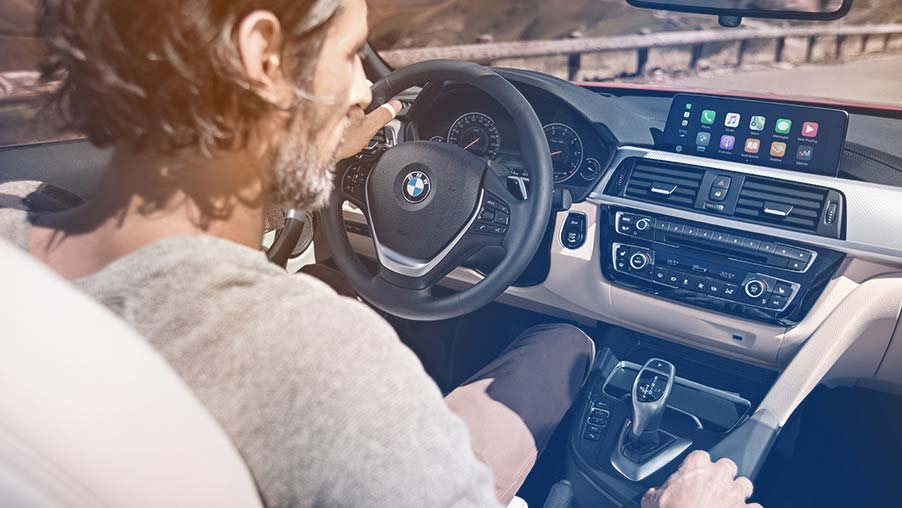BMW Won't Charge You A Ridiculous Annual Fee To Use Apple CarPlay Anymore
Earlier this year, BMW was widely called out for the pettiest of price gouging by charging owners $80 a year to use Apple CarPlay, a feature that is often included in infotainment packages on much cheaper cars elsewhere. To save some face, BMW has decided to not do that anymore.
At least since 2016, BMW has charged its customers $300 up front for Apple CarPlay connectivity with its infotainment systems, and currently the website says that charge is for 240 months, or 20 years, of the service.
On 2019-and-newer cars with the latest BMW infotainment system, the first year of CarPlay was free, followed by a reoccurring annual charge of $80 to continue the service. Surprisingly, it's actually uncommon among other automakers to continually charge people for CarPlay after any initial option charge.
Anyway, the annual charge is gone now as BMW attempts to course correct, according to Autocar, with The Verge following up and reporting the change applies to U.S. customers as well. From The Verge:
It was a questionable decision from the start, considering no other automaker makes its customers pay for the use of CarPlay. A BMW spokesperson noted that the change will apply to both US-based and UK-based customers. Anyone who owns 2019 or 2020 model year vehicles and current BMW-Apple CarPlay subscribers will shortly no longer have to pay for a monthly or annual subscription, the spokesperson said. However, this process may take several weeks to complete for existing accounts.
While you may think BMW owners can swing it and it's no big deal, it's worth pointing out that BMW as a company has literally billions of dollars, makes significantly more billions than a lot of other automakers, and when something like the Hyundai Kona comes with CarPlay standard, I shouldn't be paying $80 damn dollars a year for the same feature on any BMW.
But that issue appears to be solved. Now we just need to get them to answer for not offering Android Auto compatibility in any of their cars.
